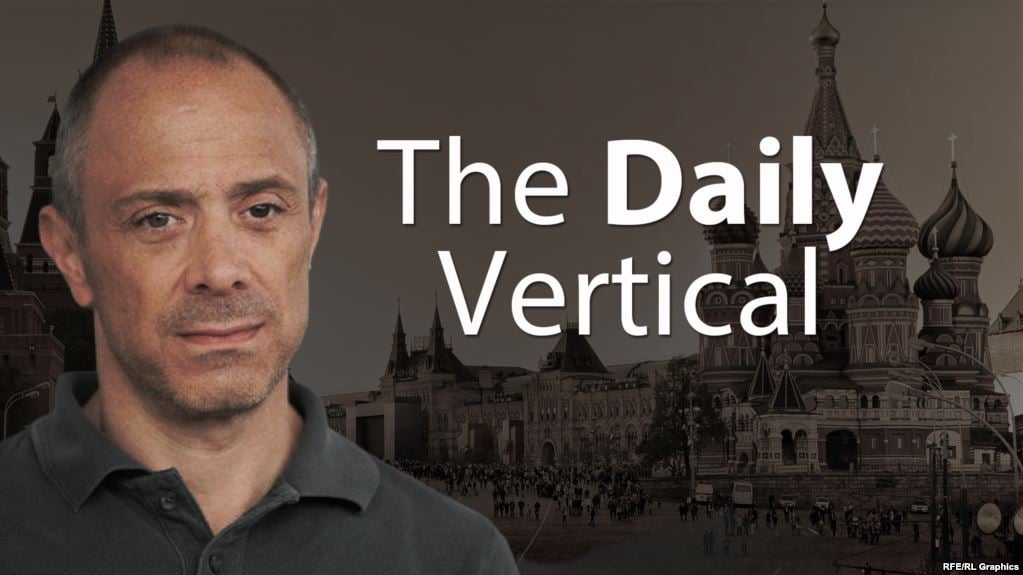
By Brian Whitmore, for RFE/RL
The battle over history is about more than just history.
The struggle over memory is about more than memory.
Correcting the historical record about what happened in Eastern Europe and the Baltic states seven decades ago is more than just an academic exercise.
And the northern Lithuanian town of Birzai has just come up with a simple, creative, and elegant way to deal with the controversial issue of Soviet-era World War II monuments.
Rather than tearing them down, local authorities have decided to put up signs next to them with a simple straightforward text reading: “the ideological inscriptions on these Soviet-era monuments do not correspond to historical truth.”
The move is certain to irk Vladimir Putin’s Kremlin regime, which acts like it owns the memory and the narrative of the Second World War and has the right to dictate how other countries mark, remember, and commemorate it.
The World War II narrative Moscow is trying to preserve — that the Red Army liberated Poland, the Baltic states, and Eastern Europe from the Nazis — conveniently overlooks the inconvenient fact that for these countries, the Red Army was not a liberator, but an occupier.
It conveniently ignores the pesky truth that before Moscow fought against the Nazis, it collaborated with them to invade and partition Poland and to occupy the Baltics.
And it is willfully indifferent to the fact that for these countries, World War II was a battle against two of history’s most nefarious regimes, Adolf Hitler’s Germany and Josef Stalin’s Soviet Union.
The Kremlin’s attempts to control the narrative about World War II is about more than just preserving Russia’s national pride.
It’s an attempt to legitimize Moscow’s postwar occupation and dominance of its neighbors and an attempt to sanctify an autocratic empire.
And the little Lithuanian town of Birzai has come up with a clever and elegant way to push back.
By Brian Whitmore, for RFE/RL




